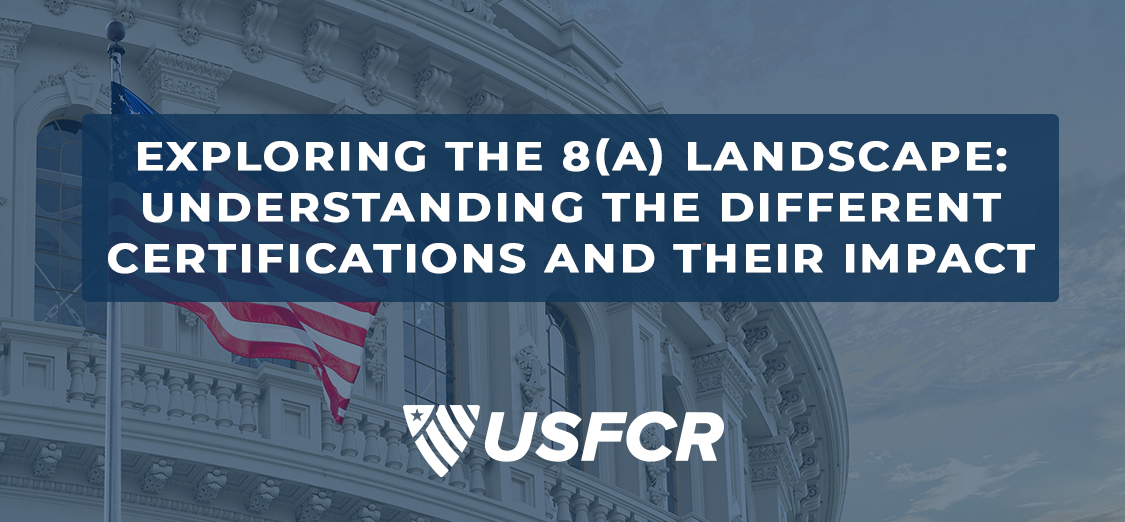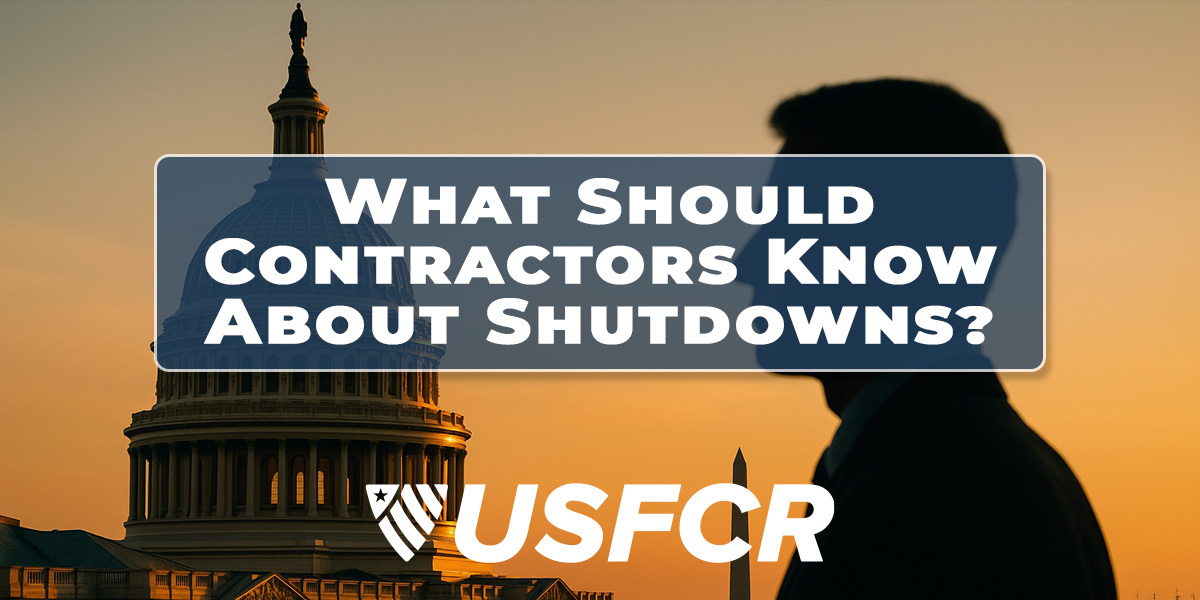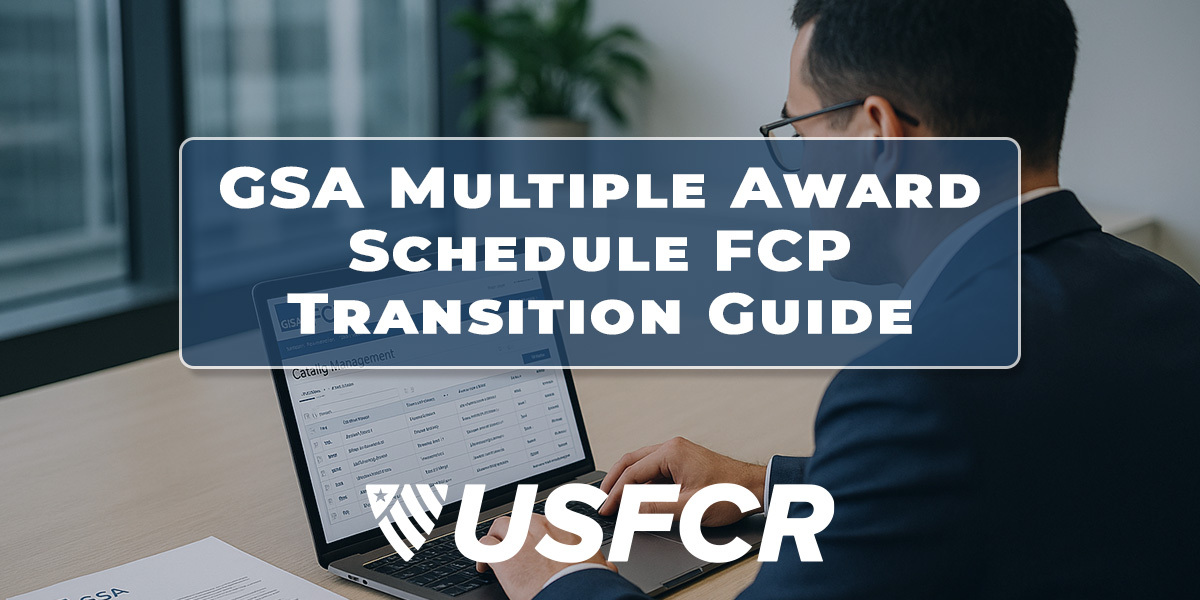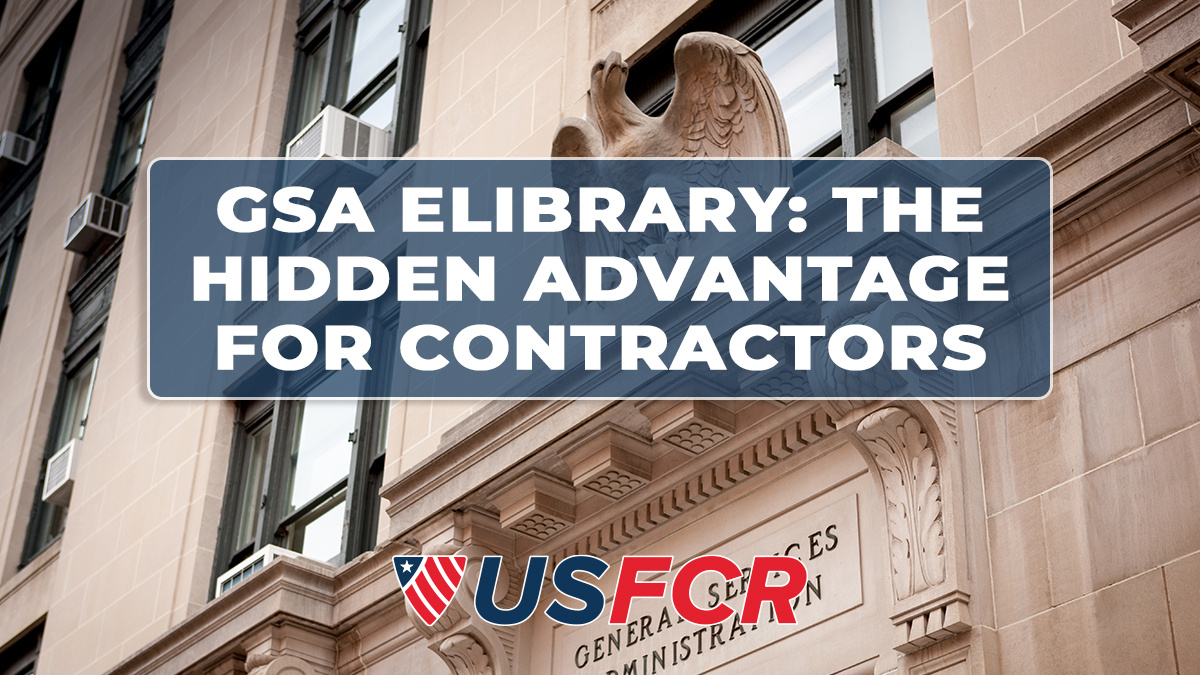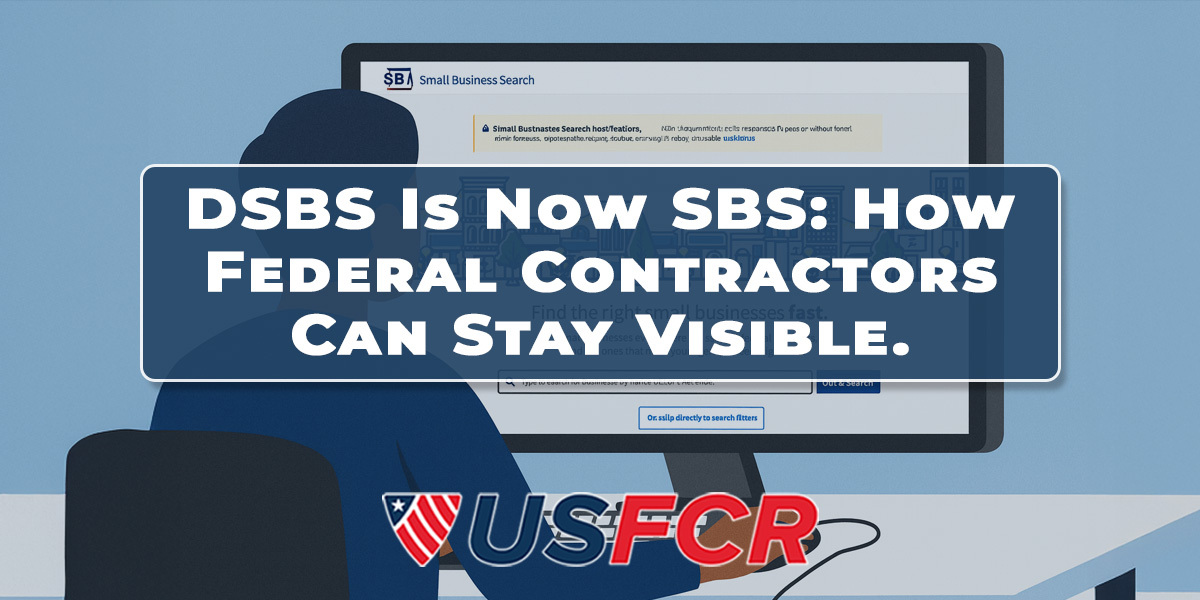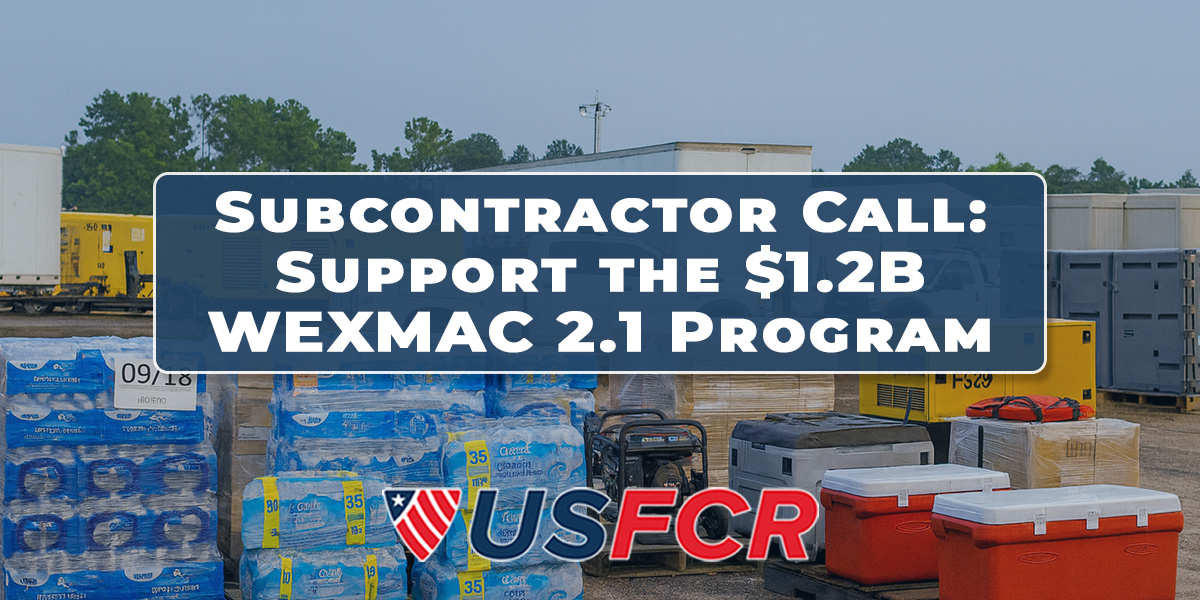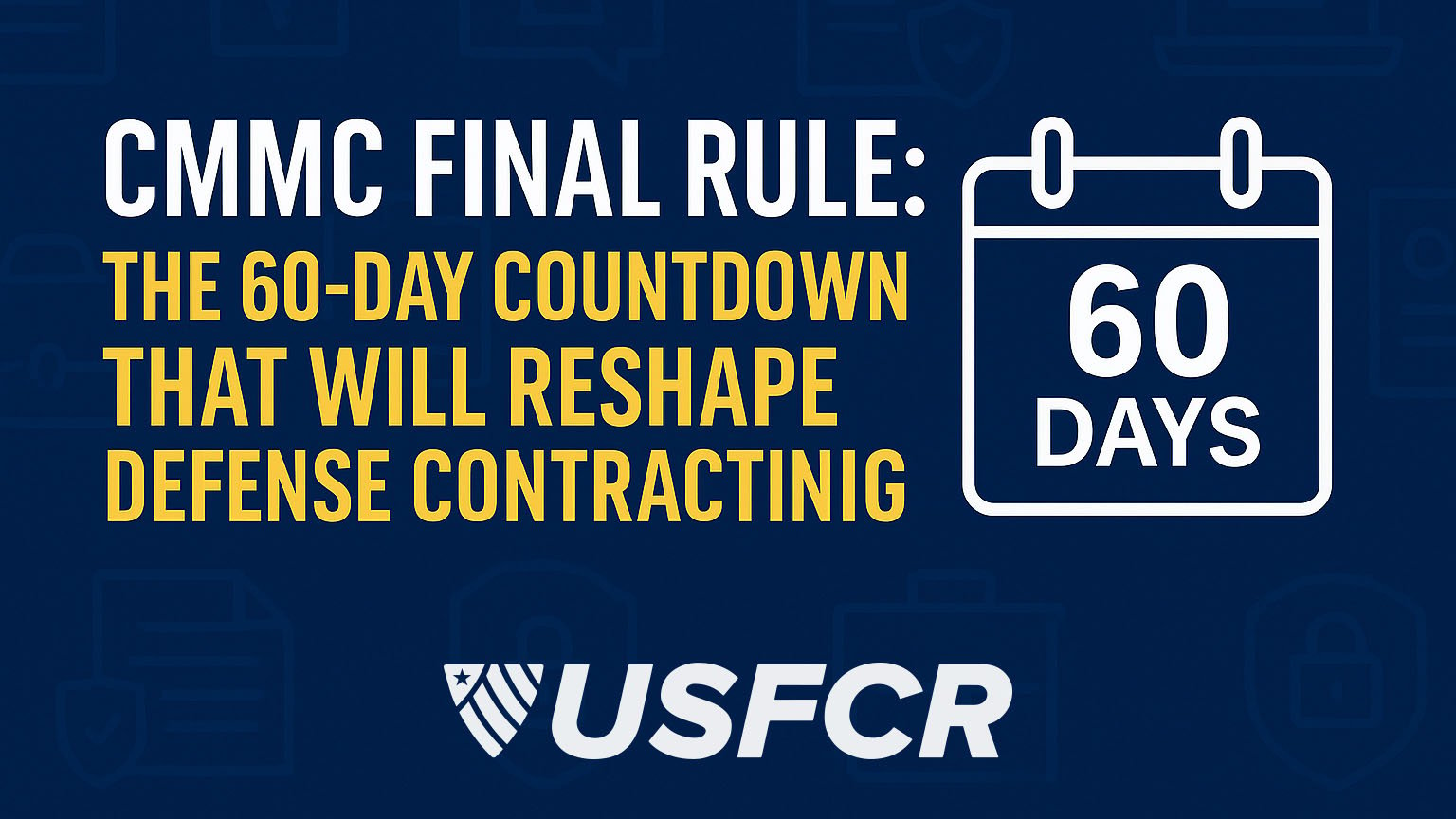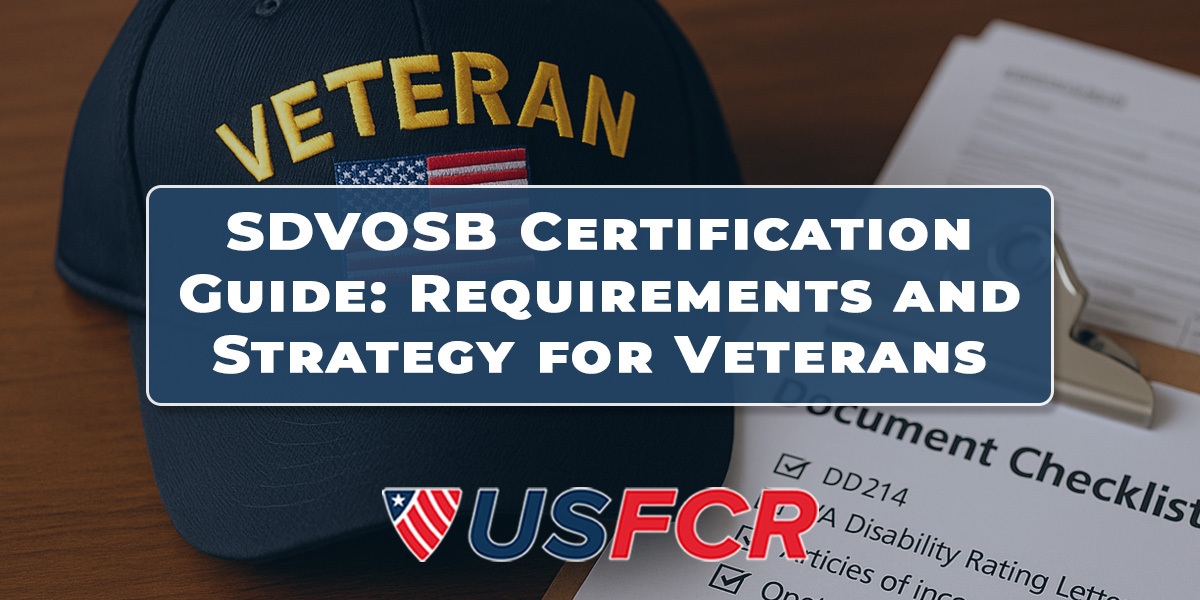The Food & Nutrition Service, under the U.S. Department of Agriculture (USDA), is granting up to $18 million towards FY 2026 Farm to School Grant Program. The purpose of this program is to enhance access to local foods in eligible Child Nutrition Program (CNP) sites through comprehensive farm-to-CNP programming that includes local sourcing and agricultural education efforts.
Up to $18 Million Allocated Towards Innovative Farm to School Projects
Oct 3, 2025 12:30:00 PM / by Mari Crocitto posted in News, Hot Grants
Understanding the Different 8(a) Certifications and Their Impact
Oct 1, 2025 12:00:00 PM / by USFCR posted in News, Set-asides
Right now in 2025, the 8(a) Business Development Program, administered by the U.S. Small Business Administration (SBA), helps small, disadvantaged businesses access federal contracts. It provides set-aside and sole-source opportunities, business development support, and mentoring. Recent legal changes have affected eligibility requirements, making it more important than ever for businesses to understand how the program works.
October 1, 2025, Shutdown Update: USFCR continues monitoring contractor impacts. Confirmed operational: SAM systems remain functional with limited support staff. Confirmed disrupted: Federal Service Desk for UEI assignments, Census Bureau NAICS lookup system.
Contractor workarounds verified effective: Alternative NAICS lookup via naicscode.com, direct contracting officer communication for urgent matters, existing contract work continuation based on essential/non-essential classification.
Right now in 2025, smart federal contractors are preparing for potential government shutdowns while their competitors hope for the best. Here's what most people get wrong: shutdowns aren't just political theater that might affect you. They're predictable business disruptions that create both risks and opportunities for contractors who know how to respond.
Important Update for New GSA MAS Award Recipients
Sep 30, 2025 11:00:00 AM / by USFCR posted in General Services Administration (GSA), News
If your business recently received a GSA Multiple Award Schedule (MAS) contract award, this announcement directly impacts your next steps. GSA has issued critical guidance that could save you significant time and prevent duplicative work during your catalog setup process.
GSA eLibrary: Your Competitive Intelligence Goldmine
Sep 29, 2025 9:00:00 AM / by USFCR posted in General Services Administration (GSA), News
Federal Contracting Teaming Structures: Complete Guide to Prime-Sub, JVs, CTAs, and Mentor-Protégé
Sep 25, 2025 7:30:00 AM / by USFCR Academy posted in USFCR Academy, Subcontracting & Teaming
No single business has everything it takes to cover every opportunity, and agencies often prefer a mix of capabilities, past performance, and certifications. Teaming structures give contractors a way to combine strengths, fill gaps, and pursue awards they couldn't win alone. The challenge is that not all teaming models are created equal. Each comes with different costs, rules, and risks, and the wrong choice can eliminate your eligibility before the evaluation even begins.
DSBS Is Now SBS: How Small Businesses Stay Visible in Federal Contracting
Sep 22, 2025 11:30:00 AM / by USFCR Academy posted in USFCR Academy
When and Why the Rebrand Happened
On July 9, 2025, the SBA replaced the long-standing Dynamic Small Business Search with the new Small Business Search platform. This was more than a name change. It retired a tool that had been in place for over 15 years and introduced a modern system that buyers and prime contractors now use as the default directory for finding small businesses.
WEXMAC 2.1: Subcontractor Opportunities Now Available
Sep 16, 2025 3:30:00 PM / by USFCR posted in Success Stories, News
The West Expeditionary Mission Assurance Contract (WEXMAC 2.1) is one of the largest worldwide contracting opportunities in recent years. This multi-billion-dollar IDIQ covers logistics, construction, medical, communications, and security services and provides full-spectrum expeditionary mission support.
The Department of War has issued the final DFARS rule implementing the Cybersecurity Maturity Model Certification (CMMC). It was published on September 10, 2025, and will take effect on November 10, 2025. On that date, contracting officers can begin including new DFARS clauses in solicitations and contracts, formally tying cybersecurity compliance to eligibility for defense awards.
SDVOSB Certification Guide: Requirements and Strategy for Veterans
Aug 28, 2025 10:00:00 AM / by USFCR Academy posted in USFCR Academy, Veteran Business
SDVOSB certification gives veteran-owned businesses access to billions in set-aside contracts, but the process is rarely straightforward. Applications face significant rejection risks, and success depends less on veteran status itself and more on whether your documents align to show ownership and control. The good news: the SBA cleared its VetCert backlog in late 2025 and reduced processing times to an average of just 12 days, down from the 60 to 90 days that was typical throughout most of 2024 and early 2025.

